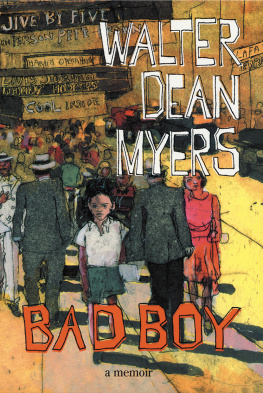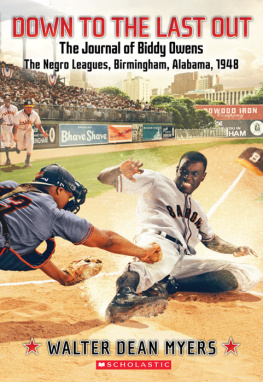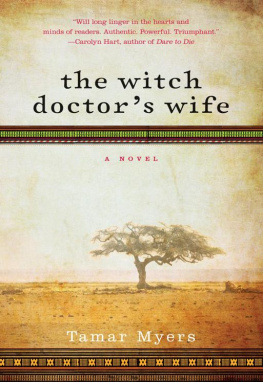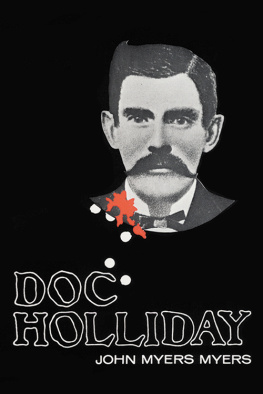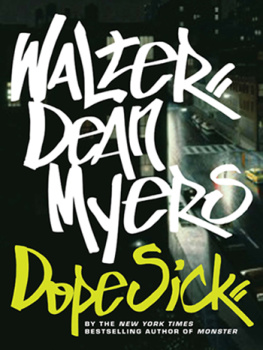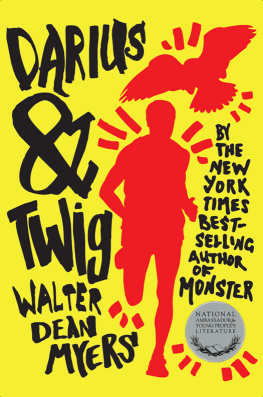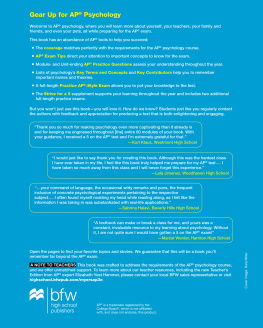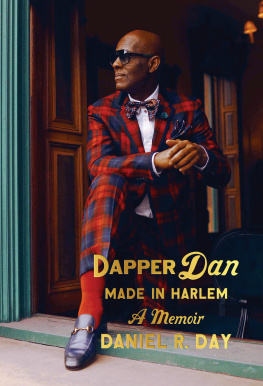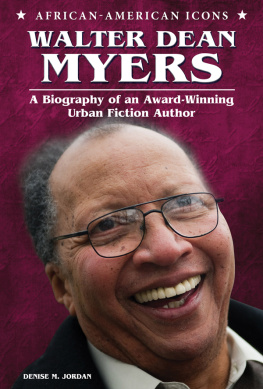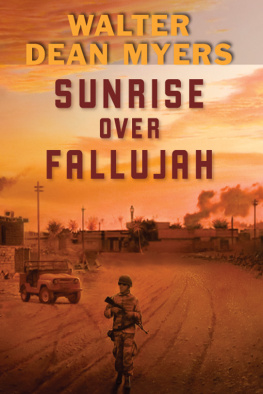E ach of us is born with a history already in place. There are physical aspects that make us brown-eyed or blue-eyed, that make us tall or not so tall, or give us curly or straight hair. Our parents might be rich or poor. We could be born in a crowded, bustling city or in a rural area. While we live our own individual lives, what has gone before us, our history, always has some effect on us. In thinking about what influenced my own life, I began by considering the events and people who came before me. I learned about most of the people who had some effect on my life through family stories, census records, old photographs, and, in the case of Lucas D. Dennis, the records of the Works Progress Administration at the University of West Virginia.
The Works Progress Administration was a government program formed to create jobs during the Depression years. It did this by starting a number of projects, including state histories. Among the notes of the interviewers putting together a history of West Virginia, I came across this entry.
Life of a Slave
Lucas D. Dennis was one of the one hundred and fifty slaves that Steve Dandridge owned before the Civil War. This slave is ninety-four years old. He was born in Jefferson County. His mind is very bright, he still has two of his own teeth, his hair is gray and [he] wears a heavy beard which is also gray.
After the Civil War he came to Harpers Ferry and built himself a house, which is on one of the camping grounds used during the war. This house is on Filmore Ave. and the corner of a lane leading to where many soldiers were buried and later taken up and carried to their burial ground in Winchester.
He lives with his wife, she is eighty-four. He saw John Brown and remembers well the day he was hanged.
Lucas D. Dennis was my great-great-uncle. Prior to the Civil War, when West Virginia was still part of the state of Virginia, these ancestors of mine were slaves on a plantation called The Bower, in Leetown, Virginia. The 1870 census still listed Lucas D. Dennis as living on the plantation, but I knew, from family stories, that he did indeed move to Harpers Ferry and that part of the Dennis family moved to Martinsburg, West Virginia, less than ten miles from The Bower. At the time of the interview with Lucas D. Dennis, the Dennis family in Martinsburg had merged with the Green family. One of the women of the Green family, Mary Dolly Green, later became my mother.
I have no memory of Mary Dolly Green. I know that she gave birth to me on a Thursday, the twelfth of August, 1937. I have been told that she was tall, with a fair complexion. Mary had five children: Gertrude, Ethel, George, me, and Imogene. Shortly after the birth of my sister Imogene my mother died, leaving my father, George Myers, with seven children, two of them, Geraldine and Viola, from a previous marriage. When I imagine my mother, I think of an attractive young woman with the same wide smile as my sisters. I wish I could have known her. However, today, when I think of mother, I think of another woman, my fathers first wife, Florence Dean.
Florence Deans mother emigrated from Germany in the late 1800s. A cook by profession, Mary Gearhart settled outside Chambersburg, Pennsylvania, in New Franklin, Pennsylvania. There she met and married a Native American by the name of Brown. The couple had one daughter, Florence. Mary Gearhart, a small, pleasant woman, worked at a number of restaurants before finding a job in a German hotel in Martinsburg, West Virginia.
When Florence was old enough to work, she also came to Martinsburg. It was while working at the hotel that she met a young black man, George Myers. The two young people began to see each other socially and were married when Florence was seventeen. From this marriage came two children, Geraldine and Viola. Unfortunately, the marriage ended in divorce, and Florence returned to Pennsylvania. The fact that Florence had married a black man did not sit well with her German relatives, and she was made to feel unwelcome. She decided to move to Baltimore, Maryland, where she met Herbert Dean.
Herbert Dean lived in Baltimore with his father, stepmother, two sisters, Nancy and Hazel, and his brother, Leroy. His father, William Dean, was a tall, handsome, and opinionated man who had little use for formal education aside from reading the Bible, and even less use for women. He ran a small hauling business in Baltimore that consisted of several wagons and teams of horses. He expected his sons to enter the business when they were of age. When trucks began to replace horses and wagons, he scoffed at the idea, labeling the trucks as a mere fad that would never last. Even as his business declined, he stubbornly stuck to his beliefs. By the time he was nine, Herbert Dean was already working, pulling a wagon through the streets of the city, collecting scraps of wood, cutting it for kindling, and selling it door to door to light the fires in the old coal stoves that most people had at the time. Herbert had left school after the third grade, realizing that he was needed to help support the family.
By the time Herbert reached manhood, his fathers hauling business was no more than a way of making a few dollars on occasion, and when William Dean still declined to invest in trucks, both of the boys struck out on their own. Leroy decided to remain in the Baltimore area, and Herbert decided to try his luck in New York City. Herbert had met a woman who interested him. She had been married previously and had two children, but now she was single and still quite attractive. The woman, Florence, was white, and that posed a problem in Baltimore. Perhaps, Herbert thought, it would be less of a problem in New York.
Herbert and Florence married and moved to Harlem. Herbert first found work with a moving company owned by the gangster Dutch Schultz. Each morning, men would line up on the street corners, and the Schultz trucks would pick up as many men as they needed that day. When Schultz was not hiring, there were occasional jobs to be had at the docks, loading and unloading ships. Eventually, Herbert found a permanent job as a janitor with the United States Radium Corporation in downtown New York.
As a young couple Herbert and Florence made the Harlem party scene. When Herberts boyhood friend Chick Webb came to New York, he introduced Herbert to some of his show-business pals such as Bill Robinson and Fats Waller. Herbert even entertained the idea of getting into music and bought a slide trombone at a pawnshop. Florence hated the trombone, disliked jazz, and wanted to be reunited with her daughters, who were still living in Martinsburg with their father.
Herbert agreed to bring Florences two daughters, Geraldine and Viola, to New York and drove down to Martinsburg in the black Ford he had bought. It was during this visit that he met George Myers, Florences first husband, her two daughters, and Georges children by Mary Myers.
The girls were brought to Harlem, and several months later it was decided that Herbert and Florence would also take the youngest boy, Walter Milton Myers.

